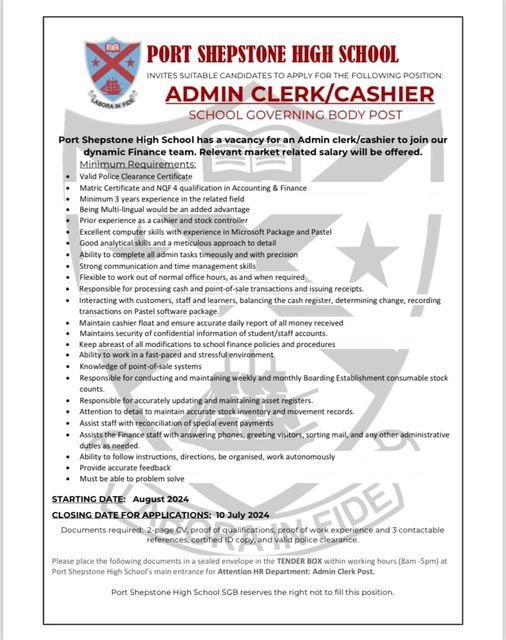Overview of the South African Job Market
The South African job market has experienced significant fluctuations over recent years, shaped by various economic and global factors. As of the latest data from Statistics South Africa, the unemployment rate stands at approximately 34.4%, a figure influenced heavily by the economic downturn induced by the COVID-19 pandemic. Despite these challenges, several industries have shown resilience and growth, providing a beacon of hope for job seekers.
Key industries driving the South African economy include mining, manufacturing, agriculture, and services. The mining sector, particularly gold, platinum, and diamond mining, remains a cornerstone of the economy, although it has faced some decline. Conversely, the technology sector has seen robust growth, with a surge in demand for IT professionals, software developers, and cybersecurity experts. The renewable energy sector is also expanding, driven by government initiatives to diversify energy sources and reduce reliance on coal.
Regionally, the Gauteng Province, which includes Johannesburg and Pretoria, is the economic hub of the country, offering the most job opportunities across various sectors. The Western Cape, with Cape Town as its capital, is another significant area of growth, particularly in technology, tourism, and creative industries. KwaZulu-Natal, known for its manufacturing and logistics capabilities, is also a critical region for employment.
In terms of job types, there is a high demand for skilled professionals in engineering, healthcare, and finance. The healthcare sector, in particular, has seen increased attention due to the pandemic, with a growing need for medical practitioners, nurses, and support staff. Additionally, there is a notable demand for tradespeople and artisans, reflecting the ongoing infrastructure development across the country.
Government policies and economic initiatives significantly influence the job market. Programs like the National Development Plan (NDP) aim to create sustainable employment opportunities by fostering economic growth and improving education and skills development. The Youth Employment Service (YES) initiative is another critical effort, focusing on reducing youth unemployment through work experience and training programs.
Overall, while challenges persist, the South African job market offers diverse opportunities across various sectors and regions, driven by both traditional industries and emerging sectors. Understanding these dynamics is crucial for anyone looking to explore job opportunities in South Africa.
Navigating Job Search and Application Processes in South Africa
Embarking on a job search in South Africa necessitates a strategic approach. Job seekers can leverage a variety of platforms and resources to identify suitable opportunities. Predominantly, online job portals such as Indeed, CareerJunction, and PNet are invaluable for accessing a broad spectrum of vacancies across different industries. Additionally, recruitment agencies, both generalist and specialist, play a crucial role in matching candidates with potential employers. Prominent agencies include Manpower, Michael Page, and Kelly Group.
Networking remains a vital component of the job search process in South Africa. Professional networking platforms such as LinkedIn are essential for connecting with industry professionals and staying informed about job openings. Furthermore, face-to-face networking at industry conferences, job fairs, and corporate events can yield significant opportunities. Engaging in professional associations and local business chambers can also enhance your visibility and access to job leads.
Crafting a compelling CV and cover letter that resonates with South African employers is critical. Your CV should be concise, typically not exceeding two pages, and include pertinent information such as contact details, a professional summary, work experience, education, and relevant skills. Highlighting achievements and quantifiable results can make your CV stand out. The cover letter should be personalized for each application, succinctly detailing your interest in the position, your fit for the role, and your enthusiasm for contributing to the company.
Preparing for interviews involves thorough research on the company and understanding the role’s requirements. Familiarize yourself with common interview questions and practice articulating your responses clearly and confidently. South African employers often value candidates who demonstrate cultural fit, adaptability, and a proactive attitude. Being punctual, dressing appropriately, and showcasing your knowledge about the company can leave a positive impression.
Understanding the unique aspects of the South African job application process is also vital. South Africa’s cultural diversity means that sensitivity to different cultural norms and practices is essential. For international job seekers, navigating work visa requirements and understanding local labor laws are critical steps. Challenges such as language barriers or unfamiliarity with local customs can be mitigated by seeking guidance from local professionals or expatriate communities.
Equipped with these strategies and insights, job seekers can enhance their prospects and navigate the South African job market more effectively, positioning themselves for successful employment opportunities.



